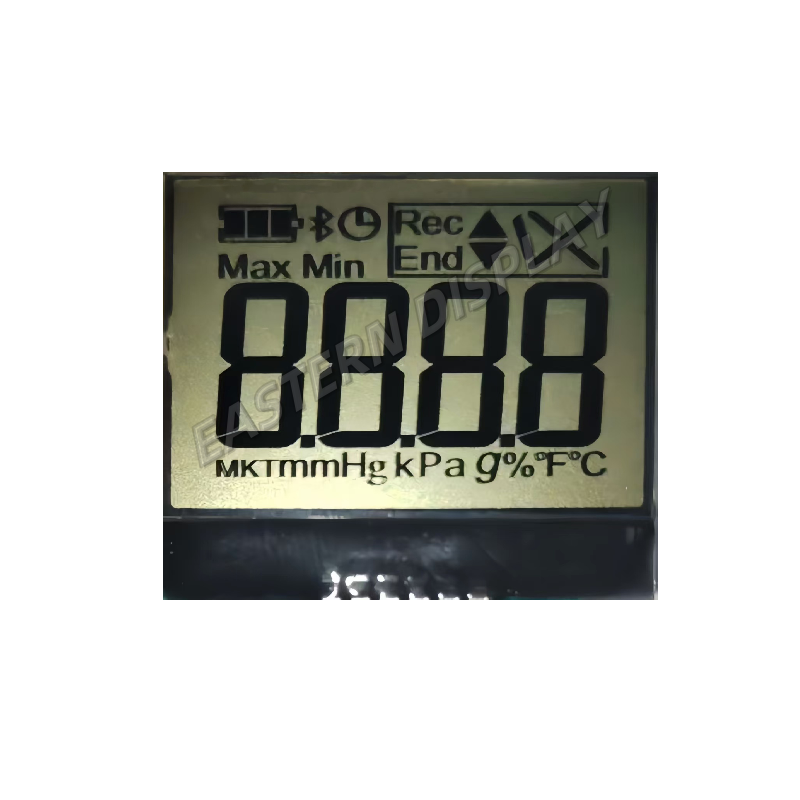
1.3 Inch OLED Display: A Comprehensive GuideThis article provides a detailed overview of 1.3 inch OLED displays, exploring their features, applications, advantages, and disadvantages. We'll delve into technical specifications, compare different models, and discuss factors to consider when choosing a 1.3 inch OLED display for your project.
OLED (Organic Light-Emitting Diode) displays have revolutionized screen technology, offering superior picture quality compared to traditional LCDs. A 1.3 inch OLED display, while small in size, still benefits from this technology, providing vibrant colors, deep blacks, and wide viewing angles. These characteristics make them ideal for a range of applications where high image quality and low power consumption are crucial.
1.3 inch OLED displays vary in their specifications depending on the manufacturer and intended use. Common features include resolution (often measured in pixels, e.g., 240x240), brightness (measured in nits), contrast ratio, and response time. Some displays also offer touch functionality, adding an interactive element. It's crucial to carefully review the datasheet provided by the manufacturer for specific details on the chosen display model. Factors such as power consumption (measured in milliamps) are also vital considerations, especially for battery-powered devices.
The resolution of a 1.3 inch OLED display significantly impacts image sharpness. Higher resolutions result in crisper images and more detail. Pixel density, expressed as pixels per inch (PPI), indicates the concentration of pixels within the display area. A higher PPI generally leads to a sharper image, although this can also affect power consumption.
The compact size and superior image quality of 1.3 inch OLED displays make them suitable for a variety of applications, including:
Smartwatches, fitness trackers, and other wearable devices frequently utilize small, high-quality displays. A 1.3 inch OLED display provides a good balance between screen real estate and power efficiency, crucial for extending battery life in these devices.
In medical equipment, clear and easily readable displays are essential. 1.3 inch OLED displays can be incorporated into portable medical devices, providing users with critical information in a compact form factor.
Small, high-resolution displays are used in industrial control panels and monitoring systems. The robust nature and clarity offered by 1.3 inch OLED displays make them suitable for this challenging environment.
Selecting the optimal 1.3 inch OLED display requires careful consideration of several factors. This includes the desired resolution, brightness, contrast ratio, power consumption, and any additional features like touch functionality. It’s also important to consider the overall dimensions and interface compatibility with your project.
Numerous manufacturers produce 1.3 inch OLED displays, each with its own unique specifications and features. Direct comparison can be challenging without access to detailed datasheets. For detailed technical information and pricing, we recommend contacting display manufacturers directly. A resource like Dalian Eastern Display Co., Ltd. offers a wide selection of displays, including potentially a 1.3 inch OLED display suited to your needs.
| Feature | Model A | Model B |
|---|---|---|
| Resolution | 240x240 | 240x240 |
| Brightness (nits) | 300 | 400 |
| Contrast Ratio | 1000:1 | 1500:1 |
Note: This is a simplified comparison. Always consult the manufacturer's specifications for accurate information.
By carefully considering these factors and consulting the specifications provided by manufacturers like Dalian Eastern Display Co., Ltd., you can select the ideal 1.3 inch OLED display to meet the demands of your specific project.












